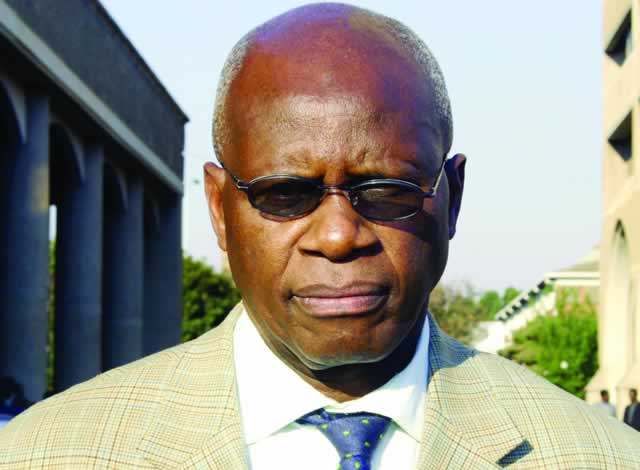Zimbabwe signs agriculture agreement with 7 partners

Herald Reporter
Zimbabwe and seven development partners yesterday signed the Comprehensive Africa Agriculture Development Programme compact, a document that is expected to unlock resources and provide funding to the country’s agricultural sector.
The compact, an initiative of the African Union, outlines agreements on policies, strategies, priorities areas and investments plans of the country’s agricultural sector.
CAADP was endorsed by the AU in 2003 and it encourages member states to allocate at least 10 percent of the annual budget to agriculture to attain a sectorial annual growth of six percent.
The institutions who rallied behind the compact, through signatures, and pledged to support the mobilisation of resources include the African Union Commission through the New Partnership for Africa’s Development (NEPAD), Comesa, the World Bank, Food and Agriculture Organisation, European Union, local farmers’ unions and representatives of the private sector.
Finance Minister Patrick Chinamasa and Agriculture, Mechanisation and Irrigation Development Minister Joseph Made signed on behalf of the Government.
Minister Chinamasa said Government would take the necessary fiscal and non-fiscal measures to support the country’s agricultural sector.
“We will do everything in our power and we will be guided by Zim Asset in what we do and measures we take for the next five years,” he said.
“Measures will be taken to ensure that 10 percent of the revenue is devoted and committed to agriculture. Agriculture inputs must be availed to farmers at affordable prices and this is a tall order because we are referring to a process not an event.
“This is something we hope to achieve over two or three seasons,” he said.
Minister Chinamasa said Government would reduce the cost of fertilisers and make water for irrigation affordable to farmers.
“We undertake to make resources available for rehabilitation of small scale irrigation schemes which have collapsed over the years,” he said.
“We want to establish new ones because over the years we have constructed many water bodies whose water is not being exploited for the benefit of farming and there has to be a commitment to take that water to the fields and farms.”
Minister Chinamasa said there was need to link agriculture with other sectors of the economy and reject the “dumping” of cheap subsidised imports from other countries that were of poor quality.
He called on financial institutions to adapt to the new structure in agriculture, adding that the land tenure in the country should be debated and brought to finality.
Minister Chinamasa said farmers needed support to increase their yields, while research institutions should be restored as they were engines for agriculture growth and value addition.
The implementation of CAADP requires a member state to have an investment plan and Zimbabwe drafted its National Investment Plan (ZAIP) this year which outlines priority investment areas in the agriculture sector.
Twenty eight out of 54 African countries have investments plans valued at US$50 billion.
AU Commission representative and CAADP head in the NEPAD agency Mr Martin Bwalya said there was need to transform agriculture in all the 54 African countries.
“AU is committed in brokering financing partnerships, supporting building systems, policy designs and programmes and also learning from each other,” he said.
Zimbabwe is the 37th African country to sign the compact and Equatorial Guinea and Congo Brazzaville will sign theirs next week.









Comments